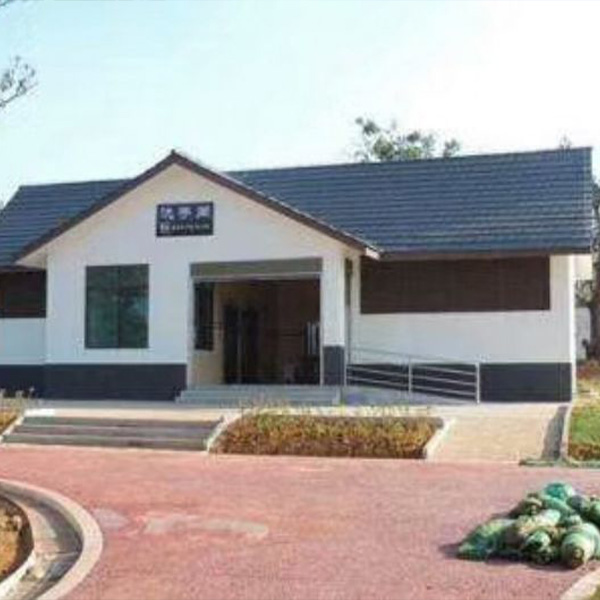The wind tunnel test is designed to simulate extreme weather conditions, including strong winds, rainstorms, and snowstorms. Risen Energy's modules were subjected to wind speed level 18 (61.7m/s, which is the highest wind scale currently recorded. Despite these challenging conditions, the modules were found to be highly reliable and able to withstand the test.
This is a significant achievement for Risen Energy, given the increasing frequency and severity of extreme weather events caused by global warming. The modules' ability to adapt to changing weather patterns will be critical to their success, particularly in outdoor environments where they are exposed to the elements. Prefabricated Steel Structure

The wind tunnel test was conducted under strict conditions, including a deviation from the blocking rate, testing time, and wind speed standards. Despite these deviations, Risen Energy's modules performed exceptionally well, demonstrating their high reliability, mass production, and system applicability.
Besides, the adoption of high-strength alloy (HSA) steel frames in photovoltaic (PV) modules holds significant importance for the accelerated growth of solar energy worldwide. Unlike aluminium, steel is an abundant natural resource with a stable price and its manufacturing releases a fraction of the CO2 generated by aluminium processing. The use of HSA modules can play a vital role in reducing the carbon footprint of the solar industry and contribute to faster achievement of carbon neutrality.

Prefab Showroom The wind tunnel test results are a clear indication of Risen Energy's commitment to innovation and sustainability. With its cutting-edge module technology, the company is well-positioned to lead the way in the solar energy industry, providing reliable and sustainable energy solutions for years to come.